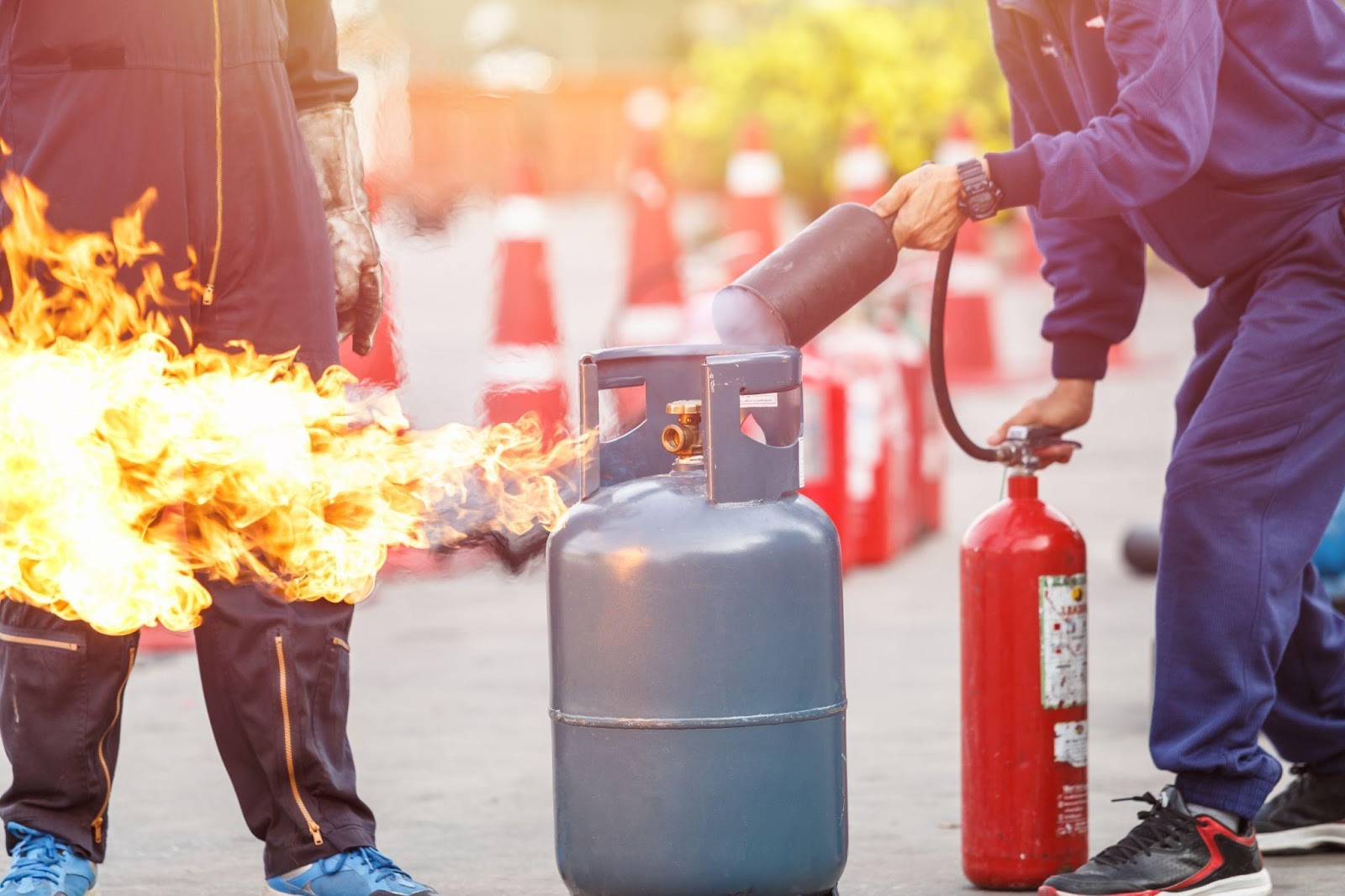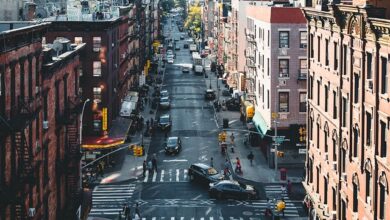
Gas Cylinder Safety Advice
Whether you’re firing up the barbecue for a family cookout or heating your home with gas cylinders, handling them properly is crucial. At Plus Gas, we’re committed to ensuring the safety of our Brisbane community when it comes to LPG (liquefied petroleum gas). That’s why we’ve put together these essential LPG gas safety tips on gas cylinder dos and don’ts.
Table of Contents
Gas Cylinder Safety Advice from Plus Gas in Brisbane
#1 Store Them Properly Outdoors
First things first, let’s talk about storage. Where you keep your gas cylinders makes a big difference in preventing accidents. The golden rule? Store them outdoors and upright, away from sources of heat or ignition like flames or electrical circuits. Keeping them in a shed or well-ventilated area is a must to allow airflow. That garage you’ve been meaning to clean out? It’s not an ideal spot unless it’s extremely well-ventilated.
#2 No Indoor Use Without Ventilation
Speaking of ventilation, that leads us to use gas cylinders indoors – which is a firm no-no unless you have proper ventilation and safety precautions in place per the manufacturer’s instructions. The risks of carbon monoxide poisoning or explosion are simply too high in enclosed spaces without adequate airflow. Outdoor entertaining and cooking is where gas cylinders really shine!
#3 Transport Them Upright and Secure
Now, let’s discuss transportation because you can’t just toss a gas cylinder in the trunk like a sack of potatoes. Keep them secured and upright with the valve closed tightly. If you’re unsure about travelling with a cylinder, it’s better to be safe than sorry and have us deliver a fresh one to your destination.
#4 Check Connections Regularly
When we’re talking gas cylinders, connections are critical for avoiding leaks. Inspect o-rings and valve connections regularly for cracks or deterioration. If you ever smell that telltale rotten egg scent of gas, there’s a leak that needs addressing immediately by shutting off the valve and having the cylinder inspected by a professional before further use. A leaky gas cylinder is a ticking time bomb, folks.
#5 Listen to Your Nose
While we’re on the topic of smells, let’s give a shoutout to your nose as a key safety device! If you ever get a whiff of gas that doesn’t seem tied to what you’re cooking, take it seriously and shut off the gas supply until the source is identified. Your nose knows when something is amiss.
#6 Watch the Age
The age matters when it comes to gas cylinders – the age of the cylinder itself, that is. Each one has a stamped date of manufacture, and there are legal limits on how long they can be used safely before requiring professional inspection or replacement. We’re happy to check your cylinder’s age and advise if it’s due for recertification.
#7 Use the Right Cylinder
Using the wrong gas cylinder for your appliance is like using the wrong tool for a job – ineffective and potentially dangerous. Make sure you have the proper cylinder for what you’re using it for, whether it’s for heating, cooking, or running an RV, for example. The slightest mix-up could lead to big problems.
#8 No DIY Repairs or Modifications
While we’re shutting down unsafe practices, let’s put a pin in trying to modify or repair gas cylinders yourself. Nope, don’t do it! That’s a job for trained professionals to ensure it’s done properly and safely. We’re looking at you, DIYers who can’t resist a project!
#9 Use Proper Equipment
Proper equipment is also key. Make sure you’re using hoses and regulators specifically meant for the type of gas cylinder you have. Using makeshift or improper accessories increases risks exponentially. When it comes to gas, it’s always worth investing in the right gear.
#10 Read Those Warning Labels
Finally, let’s discuss the warning labels on gas cylinders. They may seem like a bunch of fine print, but they’re actually essential! Those labels cover important safety instructions, hazard info, and guidance on proper handling. Ignoring them is like running a red light – you’re just asking for trouble.
Safety is No Accident – Let Plus Gas Be Your Guide
At the end of the day, responsible gas cylinder usage boils down to following the manufacturer’s instructions to a T and using common sense. But you don’t have to go it alone! At Plus Gas, we’re committed to keeping Brisbane households and businesses safe. Let our experts inspect your cylinders, ensure you have the right equipment, and answer any burning questions.
From backing you up with reliable delivery to providing top-notch gas cylinder safety advice, we’re here to help you fire things up the right way. Contact Plus Gas today!
Whether you’re an aspiring backyard chef or using gas cylinders for home or business heating, treating them with the utmost care and respect is paramount. Fire it up safely, Brisbane!








